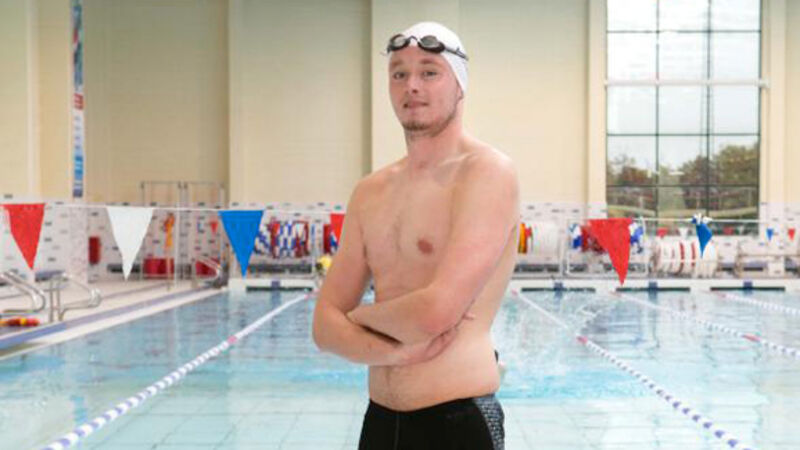Interview: "I wanted to find a sport for myself, my own niche. Swimming was a perfect fit.

Basically, the nerve messages don’t come down to my legs as effectively as they should.
Try from €1.50 / week
SUBSCRIBEQ: How does cerebral palsy affect you in the pool?
A: Basically, the nerve messages don’t come down to my legs as effectively as they should.
Already a subscriber? Sign in
You have reached your article limit.
Annual €130 €80
Best value
Monthly €12€6 / month
Introductory offers for new customers. Annual billed once for first year. Renews at €130. Monthly initial discount (first 3 months) billed monthly, then €12 a month. Ts&Cs apply.
CONNECT WITH US TODAY
Be the first to know the latest news and updates
Newsletter
Latest news from the world of sport, along with the best in opinion from our outstanding team of sports writers. and reporters
Monday, February 9, 2026 - 5:00 PM
Monday, February 9, 2026 - 7:00 PM
Monday, February 9, 2026 - 9:00 PM
© Examiner Echo Group Limited